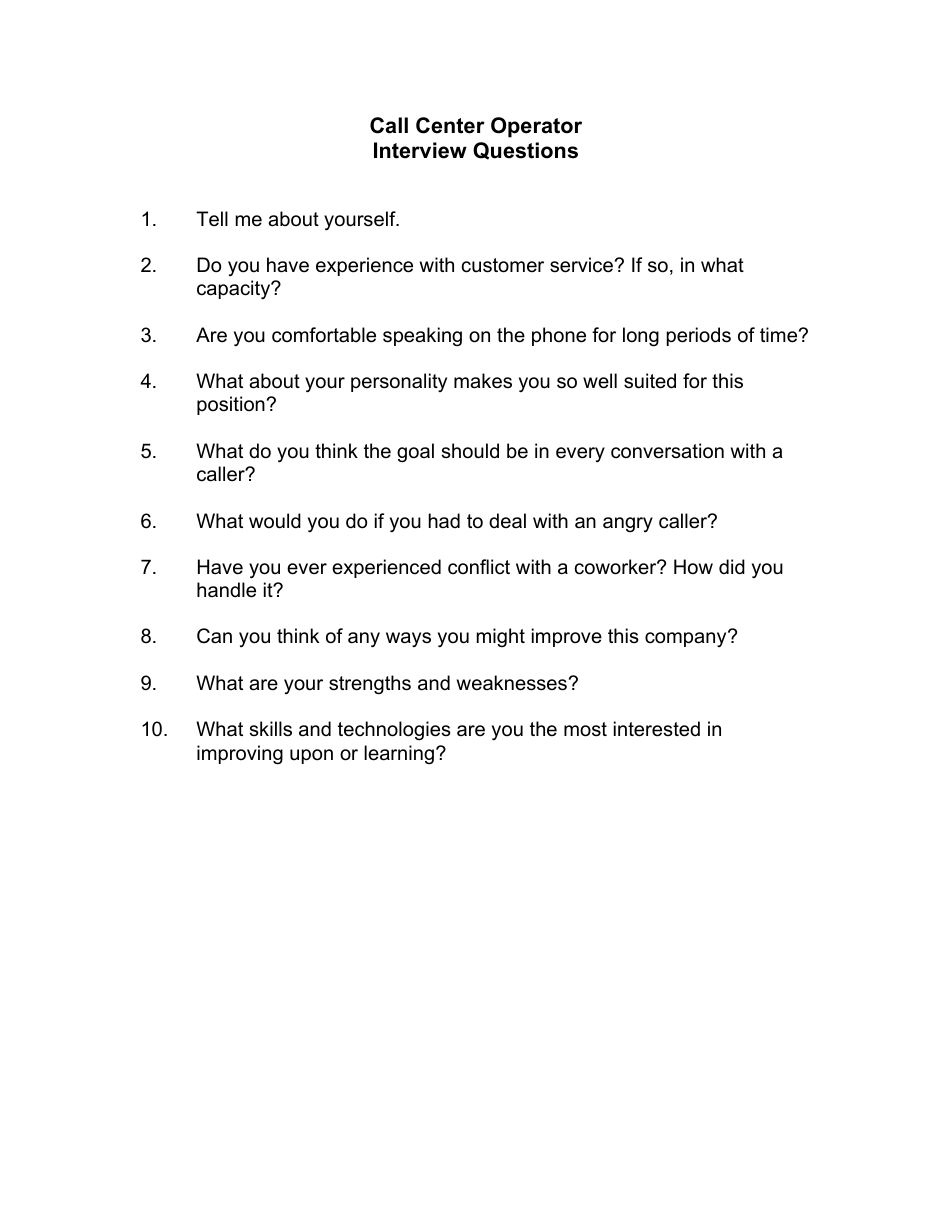

The goal of centralizing your call center operations is not to be an answering service or to provide purely transactional support. Will Call Associates Just Be Routing Calls Back to Our Office? It’s hard to hold someone accountable to following a process if it is not well-documented and explained.

If your workflows are currently well-documented, look for a partner that offers consulting in that area. This ensures the ability to track quality of care and quality of service. Look for a healthcare call center partner that can automate your workflows with built-in metrics, analytics, and call recordings.
#Callcenter questions software#
There are call center software platforms that can automate workflows, ensuring healthcare call center associates follow your protocols, ensuring the quality of care to your patients and the quality of service they provide your practice. The ability to transfer this knowledge and train associates to provide the same quality of service is dependent on how well documented your workflows and processes are.

The quality of the care your organization provides should be built into the workflows you have established with your existing office staff. People with a background in customer service bring the right mindset with experience helping people find solutions.īe clear on what you expect call associates to do. The best healthcare call center associates are trained to provide exceptional service while covering a wide range of scenarios and being prepared for unexpected situations. The two aspects that tie most closely are the talent and documented workflows. How Can We Be Sure Patients Will Receive the Same Quality of Care Our Office Provides? The following questions are framed around evaluating the right partner, but the ideas help inform either scenario. Some organizations choose to build their own internal centralized call operation, while others opt to outsource to a healthcare call center. Workflows are generally complex and the nuances of every situation seem too complicated to outsource. The service is straight-forward, but healthcare is a complicated industry and with HIPAA, PHI, and other concerns, the idea of a call center sounds risky. In a centralized medical call center, an experienced, highly-trained team of call associates will answer all incoming calls, manage all aspects of appointment scheduling, address patient or caller questions, and make outbound calls as needed, all as an extension of your front desk staff.Īs a result, patients should receive a seamless experience and immediate care for whatever their situation may entail. Having additional office capacity and resources for answering patient communications is the primary reason an organization considers centralizing their healthcare call center operations.įirst, let’s establish the scope of a truly centralized call center operation. However, healthcare organizations have several responsibilities to juggle that make it difficult to balance taking patient calls with attending to patients in the office. The reality is patients want to speak with a person, not leave a message on a machine or have their questions left unanswered.


 0 kommentar(er)
0 kommentar(er)
